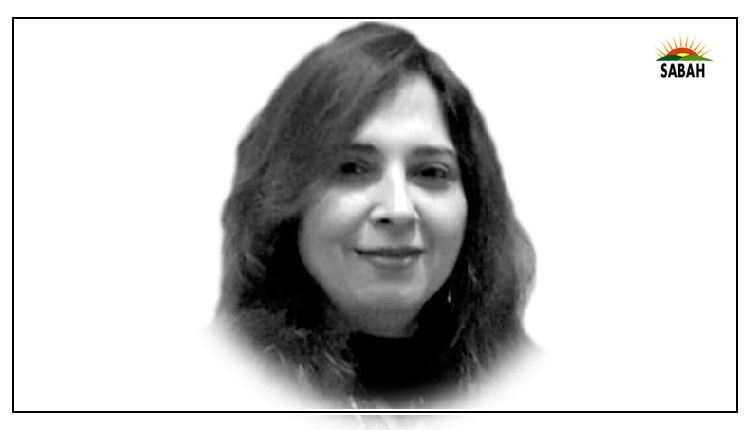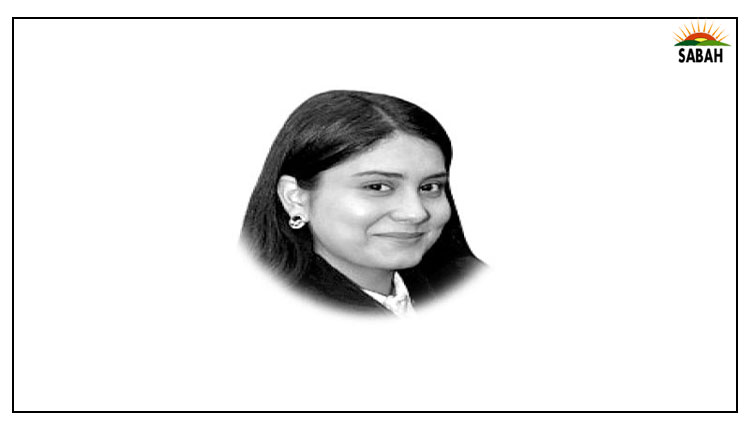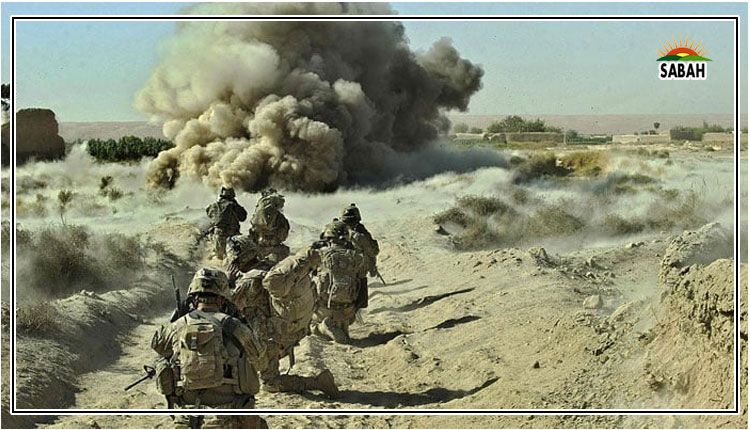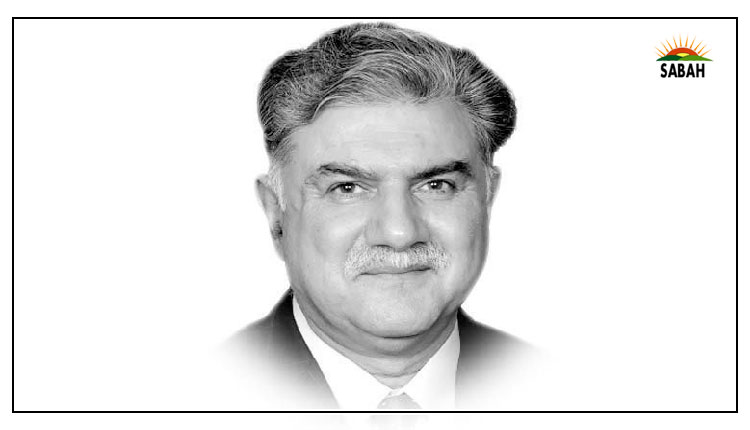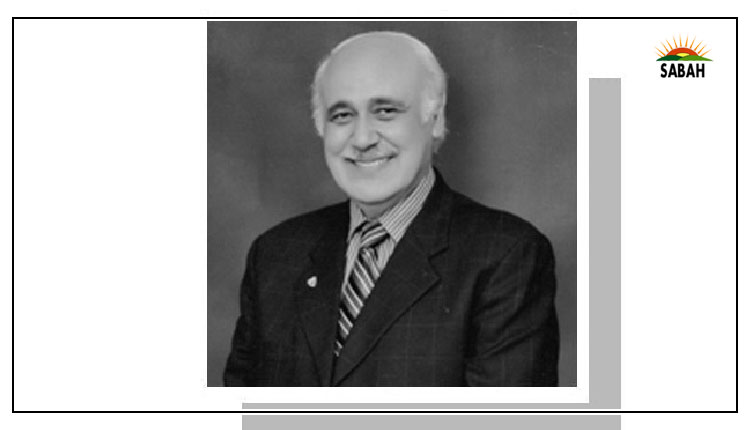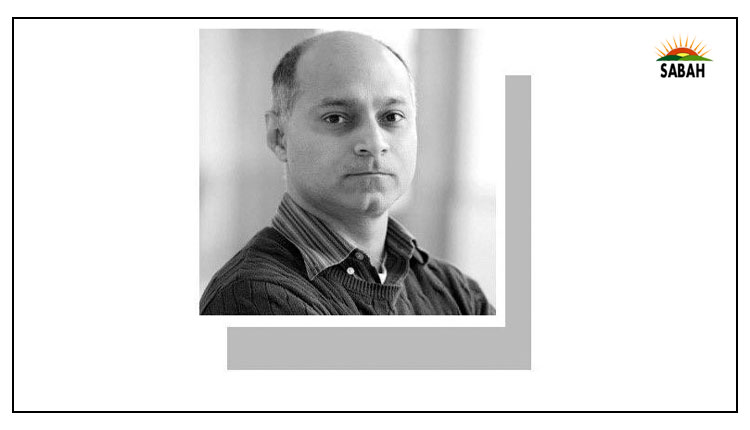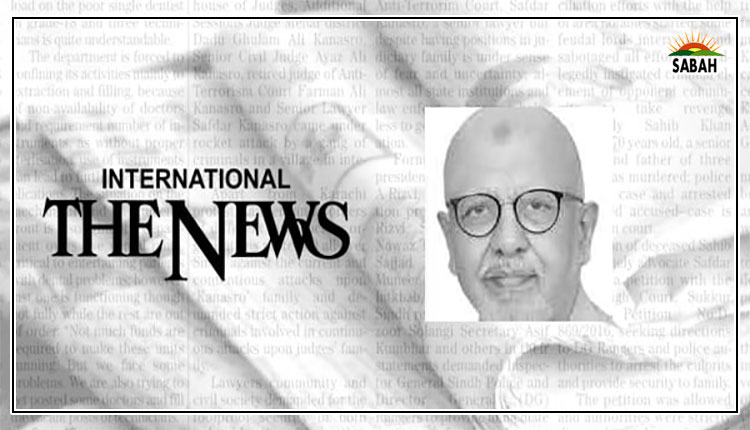Chomsky: a savant nonpareil …. Ashraf Jehangir Qazi
There is much evil in the world today: globally, regionally, nationally, sub-nationally, and individually. There has, of course, always been evil in the world. Indeed, all creation myths, religious and ethical narratives, and the specific histories of peoples and nations, and indeed of individuals, have centered on the eternal battle between good and evil.
It has been the theme of great literature and art depicting the human condition. It would be no exaggeration to say it has constituted the woof and warp of the life experience of every individual who has ever existed.
There is also general agreement that humanity over the millennia has made enormous progress in the realm of knowledge acquisition, production techniques, social organization, warfare, evolving specific sciences and disciplines including mathematics, philosophy, problem solving, etc. There is, however, the widespread assumption that the human race has by and large not made the same progress in the realm of ethics and morality – and this disparity lies at the heart of the human drama and tragedy.
In every age there have been champions of the good who have inspired all those who came into contact with them to believe that even in the darkest of times there is reason to believe that hope can prevail over despair provided relentless individual and collective effort driven by a transcending moral imperative is brought into play.
In our times, such a person has been Avram Noam Chomsky, the great American linguist, polymath and human rights activist who is in his 96th year and, according to latest reports, is extremely unwell after a lifetime of nonpareil service to the cause of the betterment of the condition of mankind. All of us shall be the poorer for his loss, and yet we shall not, for he shall have left us a treasure of wisdom and humanity that shall sustain and deliver us from the consequences of our follies.
The New York Times, which purports to be the world establishment paper of record, has not published any of Chomsky’s articles and interviews in decades. Yet long ago it also conceded he is “the most important intellectual alive today.” I would go further and say he is one of the most valuable human beings still with us. This is not just because of the vast range of relevant information and the almost peerless and relentless quality of the analyses he brings to bear on his arguments as well as the simple language in which he communicates them, but even more importantly, it is because of the consistent ethical and humanitarian imperative that determines and informs the stance he takes on issues and developments.
He seeks, as far as is possible for any individual, to articulate the common survival and welfare interests of humanity without pretending to be a know-all. In fact, most of his books and publications are the result of collaborative efforts with students and colleagues. His indefatigable curiosity, intellectual rigor and personal modesty have been the prime source of the wisdom and guidance he shall bequeath to mankind. He has embodied the truth that to be a great teacher one must be a constant learner. No wonder he has been cited by other writers over half a million times making him one of the most quoted authors in history.
There may be geniuses who have higher IQs. There are scientists whose contributions to human knowledge are arguably more profound although Chomsky’s study of linguistics is among the most profound contributions to the understanding of the human mind, just as his ‘political’ writings on a whole range of current global issues are among the most profound contributions to the understanding of the human condition. There are any number of people who are ‘more important’ in terms of having influence over the course of events and on the balance of happiness and misery in the world. Most of them shall have been long forgotten when our descendants will be beneficiaries of the wisdom contributed by a select few among whom Noam Chomsky shall be counted.
I first got acquainted with Chomsky’s writings when I was a young diplomat in London in 1967-69 during the Vietnam War and read his first political book, ‘American Power and the New Mandarins’, which according to Penguin Books was “the most profound study yet written of what makes America’s continuing obscenity in Vietnam possible.” That ‘obscenity’ has been repeated in various regions of the world including Latin America, the Middle East, Afghanistan, East and Southeast Asia, and indeed in the US itself.
Later, when I was in the US I had the pleasure of calling on Chomsky a few times and being mesmerized not so much by his vast knowledge and learning, which he took care not to put on display, but by his extraordinary modesty which conveyed the impression that he was learning from me rather than I from him!
Chomsky has individually and in collaboration authored seminal works and given countless interviews on each of the obscenities that have collectively and progressively brought human civilization to the brink of ‘midnight’ on the Doomsday Clock of the Bulletin of Atomic Scientists – that is the end of human civilization as we have known it over the past ten thousand years. He does not blame the US alone for these obscenities which have been gathering progressively fatal momentum since the Anthropocene Epoch (the era in which human activity determines the global environment) began with the rise of industrial capitalism in the middle of the 19th century.
All the great powers – particularly the major European colonial and industrial powers – have contributed to atmospheric, soil, and oceanic pollution and global climate heating. Moreover their class structures, political priorities, profit maximization, military or ‘security’ imperatives, and ‘manufactured consent’ through the media (and now increasingly AI- assisted) disinformation, have collectively prevented actions demanded by the global scientific consensus to save human civilization.
Chomsky concentrates on the contribution of the US to this state of affairs not just because it has been the prime culprit, but because as an American he feels he is primarily responsible for the actions of his own country and knows more about it than other countries, and also because it is easier to blame other countries, particularly adversary countries, than to own up to and seek to rectify the crimes committed by one’s own country.
This is the act of a true patriot though it is unlikely to win much appreciation at home – particularly among the establishment classes and their minions. And in this respect Chomsky has set an example not only for patriots around the world, but also for those whose priorities, actions, and sense of patriotism define them as citizens of the world. To ignore or refuse to learn from the life work of Chomsky – and others like him – is to deny oneself an education essential to preserving human civilization with all its possibilities.
Get well soon, and be with us for a while yet, dear Noam Chomsky!
The writer is a former ambassador to the US, India and China and head of UN missions in Iraq and Sudan. He can be reached at: ashrafjqazi@gmail.com
Courtesy The News



